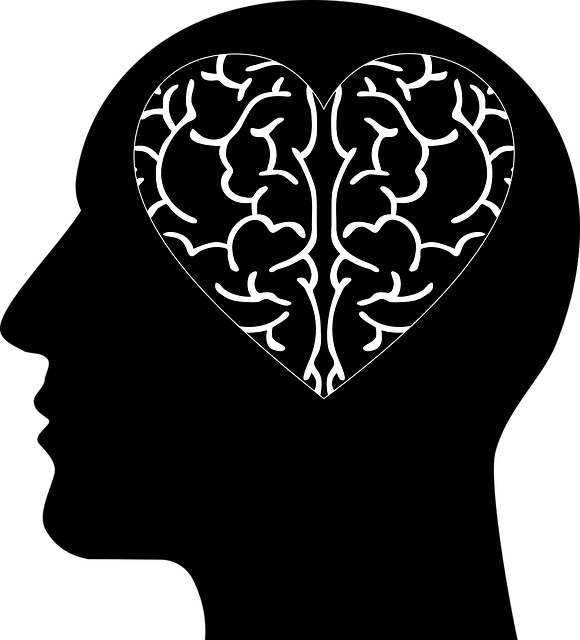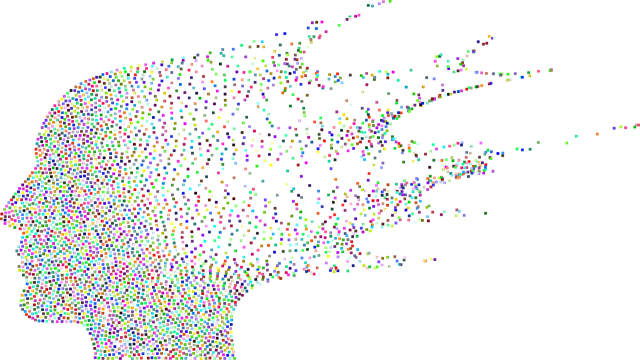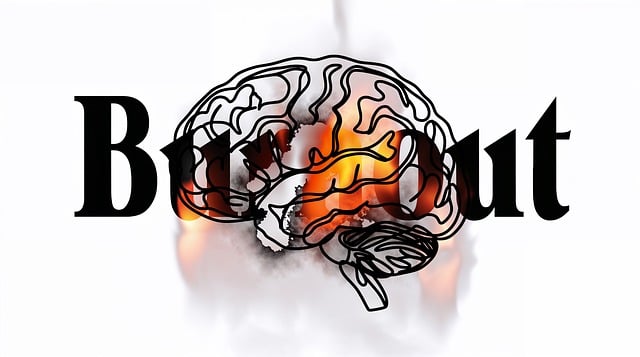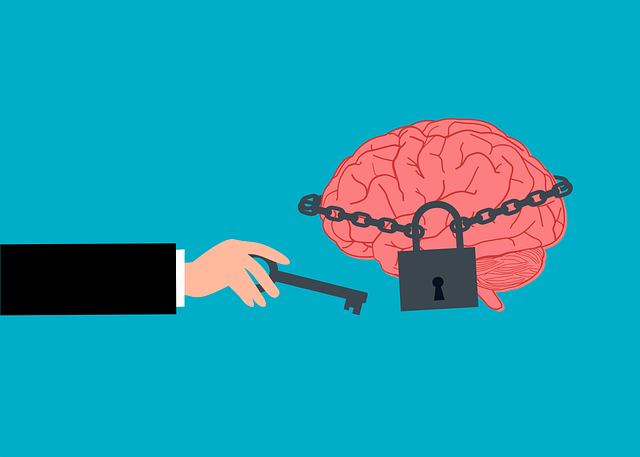Mental health, comprising emotional, psychological, and social aspects, is crucial for overall wellness. For adults seeking therapy, understanding this domain is key. Effective therapeutic interventions include evidence-based practices like cognitive-behavioral therapy (CBT) and mindfulness, empowering clients with coping mechanisms for stress, anxiety, and depression. Therapists play a vital role in advocating for mental well-being, employing tailored techniques to enhance self-esteem and emotional regulation.
Comprehensive education programs for both adults in therapy and therapists-clinicians should integrate CBT, mindfulness, emotional regulation strategies, conflict resolution, and cultural sensitivity. These programs utilize interactive workshops, case studies, role-playing, and peer discussions to build emotional intelligence and critical thinking skills. Evaluating program success involves quantitative and qualitative assessments, including pre/post tests, focus groups, and therapist feedback, ensuring long-term positive impacts on mental health outcomes.
Mental health is a cornerstone of overall well-being, yet its complexity often necessitates specialized education. This article delves into designing comprehensive mental health programs tailored for adults, focusing on key strategies for therapists and clinicians to foster effective learning. We explore essential components from understanding mental health basics to integrating evidence-based practices. By examining evaluation methods, professionals can ensure these programs measure success, ultimately enhancing therapy outcomes for adults in need.
- Understanding Mental Health: A Comprehensive Overview for Adults
- The Role of Therapists and Clinicians in Promoting Mental Well-being
- Designing Effective Educational Programs: Key Components and Strategies
- Integrating Evidence-Based Practices for Optimal Learning Outcomes
- Measuring Success: Evaluation Methods for Mental Health Education Programs
Understanding Mental Health: A Comprehensive Overview for Adults

Mental health is a vital aspect of overall well-being, encompassing emotional, psychological, and social stability. For adults seeking therapy, understanding this complex landscape is essential for effective treatment and self-care. A comprehensive overview should delve into various mental health conditions, their causes, and available therapeutic interventions, including evidence-based practices tailored to adults. By promoting mental health awareness, individuals can develop skills in emotional regulation, fostering better resilience and overall emotional well-being.
Therapy for adults plays a crucial role in addressing specific mental health concerns, offering personalized support and guidance. Therapists and clinicians equipped with diverse techniques contribute significantly to this process. From cognitive-behavioral therapy (CBT) to mindfulness practices, these professionals teach clients coping mechanisms to navigate stress, anxiety, and depression. By integrating evidence-based approaches, therapists empower individuals to enhance their emotional well-being promotion techniques, ultimately leading to improved mental health outcomes.
The Role of Therapists and Clinicians in Promoting Mental Well-being

Therapists and clinicians play a pivotal role in promoting mental well-being by providing specialized therapy for adults. Through evidence-based practices, they guide individuals toward self-esteem improvement and emotional regulation techniques tailored to their unique needs. By fostering a safe and non-judgmental environment, therapists help clients challenge negative thought patterns and beliefs associated with mental illness stigma, thereby encouraging open discussions and reducing the social barriers often faced by those seeking support.
In the context of therapy for therapists-clinicians, continuous professional development is essential. Staying abreast of the latest research and therapeutic approaches enables them to offer effective interventions that address a broad spectrum of mental health concerns. This commitment to excellence not only enhances their clinical skills but also positively impacts the outcomes of treatment, ultimately contributing to the overall mental health and resilience of their clients.
Designing Effective Educational Programs: Key Components and Strategies

Effective mental health education programs require a thoughtful, multi-faceted design that caters to diverse learning needs. Firstly, inner strength development should be at the core, empowering individuals with coping mechanisms and resilience. This involves incorporating evidence-based practices such as mindfulness, cognitive behavioral therapy (CBT), and stress management techniques. For therapists and clinicians, these programs must offer conflict resolution techniques tailored to their profession, enhancing emotional intelligence and interpersonal skills.
Key strategies include interactive workshops, case studies, role-playing scenarios, and peer discussions. These methods not only facilitate knowledge transfer but also encourage critical thinking and practical application. Moreover, integrating risk assessment for mental health professionals is vital to ensure participants understand ethical boundaries, self-care practices, and potential triggers in their work. By combining theoretical understanding with hands-on experiences, these educational programs can effectively promote the well-being of both adults seeking therapy and therapists providing it.
Integrating Evidence-Based Practices for Optimal Learning Outcomes

Integrating evidence-based practices is a cornerstone of designing effective mental health education programs. These practices, backed by rigorous research, offer optimal learning outcomes for both adults seeking therapy and therapists-clinicians providing it. By incorporating techniques such as cognitive behavioral therapy (CBT), mindfulness, and emotional regulation strategies, participants can develop skills to manage stress and improve their overall mental wellness.
Well-structured programs often include interactive components like group discussions, role-playing scenarios, and practical exercises that enhance learning retention. Additionally, featuring a Mental Wellness Podcast Series Production or engaging Stress Management Workshops Organization within the curriculum can enrich the educational experience. These multimedia elements cater to diverse learning styles, ensuring that every participant has access to valuable mental health resources tailored to their needs, whether they are seeking personal growth or professional development as therapists-clinicians.
Measuring Success: Evaluation Methods for Mental Health Education Programs

Evaluating the success of mental health education programs is paramount to ensure their effectiveness and long-term impact. A comprehensive assessment should encompass various methods tailored to measure knowledge gain, skill development, and behavioral changes among participants. One effective approach involves pre- and post-program assessments, comparing scores on standardized questionnaires designed to gauge psychological well-being, stress management, and coping strategies. These evaluations can highlight the program’s immediate effects and identify areas for improvement.
Additionally, qualitative feedback mechanisms, such as focus groups or interviews, provide valuable insights into participants’ experiences. This allows individuals to share personal testimonies of how the program has influenced their lives, including improvements in mood, relationships, and overall functioning. Moreover, measuring therapists’-clinicians’ satisfaction with the program can offer another perspective on its success, particularly regarding the integration of new skills, confidence levels, and perceived impact on therapy for adults and community outreach program implementation. Incorporating conflict resolution techniques and fostering cultural sensitivity in mental healthcare practice should also be evaluated to ensure these aspects are effectively addressed.
Mental health education programs are a powerful tool to empower adults with knowledge and skills for enhancing their well-being. By integrating comprehensive overviews, evidence-based practices, and effective design strategies, we can ensure these programs provide optimal learning outcomes. Therapists and clinicians play a vital role in navigating this process, offering guidance and support tailored to individual needs. With proper evaluation methods, we can measure success and continually improve mental health education initiatives, ultimately fostering healthier communities.












